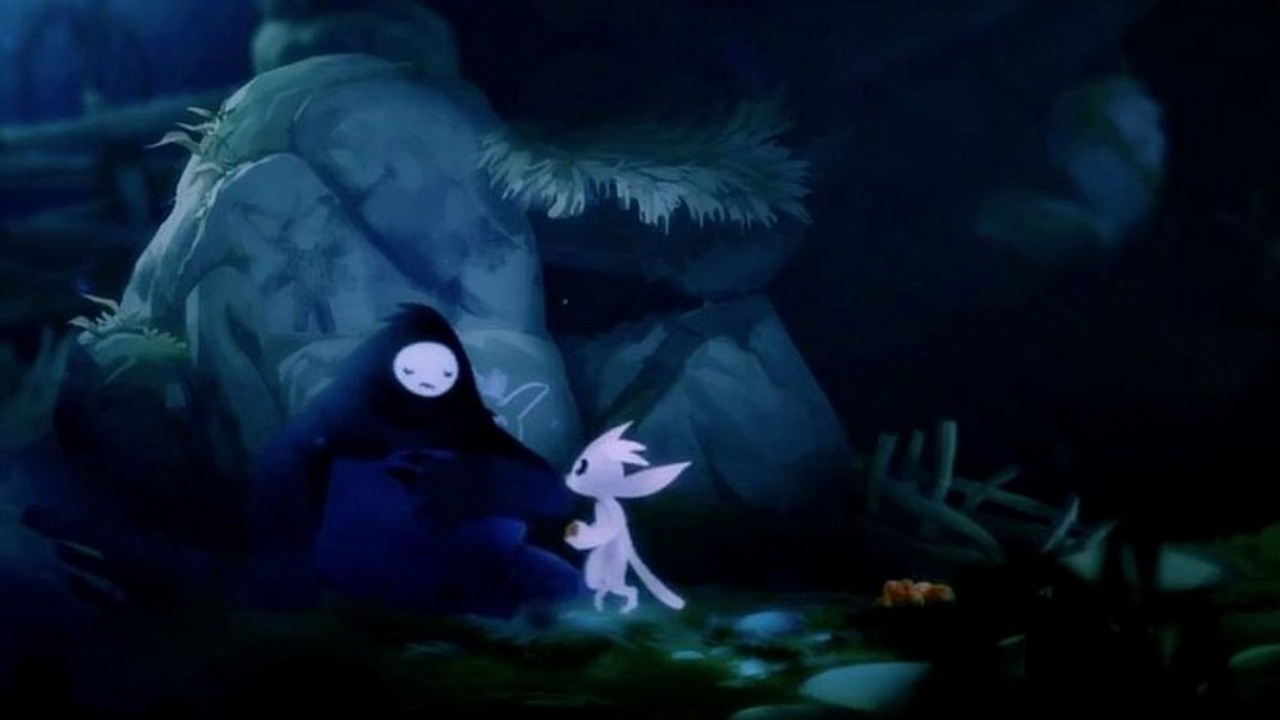Microsoft 'Between Hammer and Anvil'; Ori Dev Comments on Game Exclusivity
The head of Moon Studios claims that Microsoft isn't quite living up to the company's stated vision of a video game market without artificial boundaries (i.e. exclusive titles).

- Thomas Mahler, head of Moon Studios (the Ori series), commented on Microsoft's approach to exclusivity, and more specifically, the dissonance between the company's declarations and actions;
- Mahler believes the company is not fully realizing its vision, in part due to Sony and Nintendo's reluctance to give up titles available only on their consoles.
The developers of the Ori series have earned player acclaim for both games featuring the title character. However, lead developer Thomas Mahler has also made a name for himself with controversial statements against fellow developers and, more recently, Microsoft. Moon Studios boss pointed out the company's inconsistency in pursuing the policy of games without borders.
Mahler's message (posted on the ResetEra forums) was a response to a recent interview with Phil Spencer. In the interview with Axios, the head of Xbox was asked about Bungie's departure from Microsoft almost 15 years ago. Spencer expressed a belief that it was due to the ambitions of the creators of Halo, who may think that the Redmond giant benefited more from the success of the series than they did. Moreover, according to the Xbox brand boss, today's Microsoft would manage to keep Bungie.
However, Mahler does not share Spencer's optimism. In his opinion, Microsoft found itself between the hammer and the anvil in the matter of game exclusivity. The company claims to be moving away from its exclusive policy, promoting its Xbox Game Pass service and calling for industry-wide support for emulation of old titles across all platforms. But even now, Microsoft is reluctant to release titles from its catalog on PlayStation consoles. The desire to reach a wider audience across all devices may have been the reason Bungie parted ways with Xbox, according to Mahler.
Interestingly enough, this entry is not just a criticism of Microsoft. Mahler believes that the company probably would have pursued its vision to the fullest... if only its competitors (i.e. Sony and Nintendo) had also made some moves in that direction. Indeed, Ori and the Will of the Wisps is now available on Switch (although, as Mahler pointed out, "not for free"), as is Minecraft (also available on PlayStation, but that was before Microsoft bought out Mojang).
Even if you consider that the first of these games is essentially a small fry and not Microsoft's flagship brand, it's still more than Nintendo has done to "open up" the gaming market in years. Until recently, Sony hasn't been too keen on releasing its major games on other platforms either, although in recent months the company has made its first steps on the PC market.
In this context, it's hard to see why Microsoft isn't fully giving up on skipping rivals' consoles, either, despite its stated move away from the exclusive policy. Mahler would nevertheless like to see the Redmond giant fully implement this vision. For now, he himself has abandoned cooperation with Microsoft - the next game of Moon Studios will be released not only on Xbox, thanks to a partnership with Private Division.
- Two sources confirm what Wolfenstein fans have been waiting for. Ninja Theory is developing a game that will fix the Hellblade series' biggest flaw
- Microsoft failed to make Freelancer 2, so fans decided to create their own sequel. It took them 15 years
- New graphics from Fable suggest return of crime city from second installment of RPG series
0

Author: Jacob Blazewicz
Graduated with a master's degree in Polish Studies from the University of Warsaw with a thesis dedicated to this very subject. Started his adventure with gamepressure.com in 2015, writing in the Newsroom and later also in the film and technology sections (also contributed to the Encyclopedia). Interested in video games (and not only video games) for years. He began with platform games and, to this day, remains a big fan of them (including Metroidvania). Also shows interest in card games (including paper), fighting games, soulslikes, and basically everything about games as such. Marvels at pixelated characters from games dating back to the time of the Game Boy (if not older).
Latest News
- Elite Mod lets you play the Tau faction in Warhammer 40K: Dawn of War 2
- Huge Marvel Adventures mod now with new superheroes, including Sentry
- Butcher's Summit, an impressive free diselpunk FPS, has been released
- Free FPS on Half Life engine gets big update
- On February 3, gaming history could change forever. Red Dead Redemption 2 one step away from a major achievement

